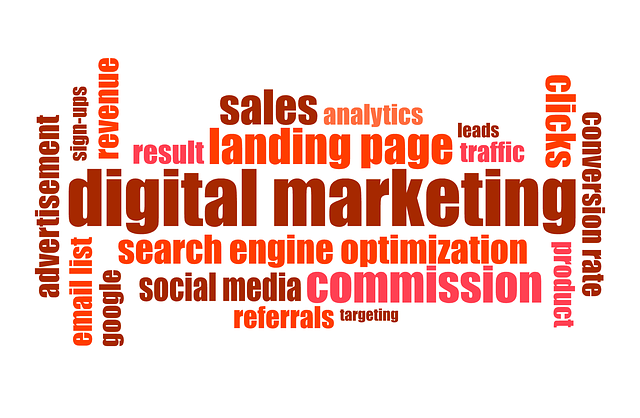”5 Elements of a Good Online Marketing Strategy”

The digital marketplace is always evolving. To thrive, digital marketers depend on good content, a consistent social media presence, and predictive analysis of customer behavior. Consumers are now, more than ever, determining the choices businesses make in their marketing plans.
For that matter, businesses need to use analytics to develop relevant digital marketing strategies. They require a forecasting plan that includes insights from various customer trends. For this, they need to implement the elements of a good online marketing strategy.
The Element of Search Engine Optimization (SEO)
Online conversion rates improve if customers can find you on the first pages of Google. Good SEO puts you on or near the front pages of people interested in your products or services.
It is common for customers to search for online suggestions before making purchasing decisions. If your website is optimized, it’s the customer who will see you first and reach out for your products and services.
SEO involves using the right keywords in your website content. The keyword can be words associated with your brand or phrases commonly searched by potential customers. For On-Page and Off-Page SEO, create the right backlinks, title tags, HTML tags, and quality content for your website to rank.
It is a process that requires a plan, learning, and being consistent with the latest SEO trends. SEO is an essential element that small and large businesses use to improve online visibility.
An Optimized and Responsive Website
Today, different audiences use different devices to view websites. Although, mobile devices are becoming the choice of most consumers. If your goal is to reach audiences from various sites, then your website should allow easy access from phones, tablets, or computers.
When creating a website, research user behavior in your niche and develop a site responsive to their needs. A responsive website should clearly illustrate your business’s products and services. It should include clear call-to-action buttons that persuade customers to interact with your products, either to make a purchase or get more information.
The images, color, and videos also affect the conversion rate on websites. For better conversions, use heat maps to determine the parts of your site that are not responsive. You can also use A/B testing to determine what your customers are searching for and improve user experience.
Email Marketing
Email marketing is a convenient way of communicating with audiences. Email is probably the oldest of online marketing strategies, but it’s still a very effective way of reaching your target market when used correctly.
Automation in email marketing is the best thing to happen in the digital marketplace. This allows sharing bulk emails with clients and prospects. Better still, email automation allows for the distribution of messages based on customer behavior.
With proper email marketing strategies, businesses can quickly inform, educate, and drive sales leads. Emails are an excellent lead generation tool. A website can benefit from an increase in traffic by optimizing sign-up forms. What’s more, emails are the best and most direct way for open communication between a business and its clients.
Social Media
Social media offers the best platform for interacting and sharing valuable content. Good social media marketing is a longer term strategy that builds authority in your niche as well as trust and credibility. Different social media sites hold various benefits for a business. To determine what works for your market, figure out the platforms where your audience is and post frequently.
Social media marketing requires the use of metrics to determine the level of engagement and sales. Constant evaluation determines the sites you need to spend most of your time on. If you have a social site with many followers, numerous comments, but fewer conversions, then you may need to adjust or minimize the time spent on posting there. However, social media sites with growing engagement and consistent conversions require greater focus and paid ads on these sites should be considered.
Content Marketing
Content marketing strategy is an essential element that lets you plan on how, when, and where to distribute content. It is relevant for reaching your audiences and drives targeted traffic.
Content marketing strategies rely on high-quality content. For content marketing to be efficient, you have to personalize the content. Make sure your content speaks directly to your target audience. Today, people understand the value of great content. Before making purchasing decisions, they want to feel a connection between their personal needs and your brand story. That’s why a content marketing strategy without personalization isn’t as successful.
To deliver quality content, you need to define your business goals and understand the audiences you want to reach. Outline the content you’ll post and the sites you’ll use to reach your audience. Create relevant evaluation plans for the content and use metrics to determine performance. Great content marketing strategies encourage content sharing and improve engagement.
Conclusion
There are many other options that make for a good digital marketing strategy. But the best ones are value-based and focus on your customers’ needs. If you can narrowly target your ideal customer and niche, this is easier to create a strategy based on specific buyer personas, preferences and pain points.
Tim Piccirillo is a digital marketing consultant who provides done-for-you services in the areas of copywriting, content marketing, social media marketing and lead generation. Tim serves primarily small businesses and entrepreneurs. Contact him at tim@timpic.com.

Leave a Reply